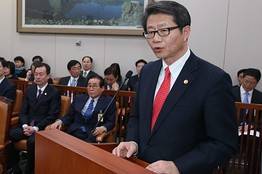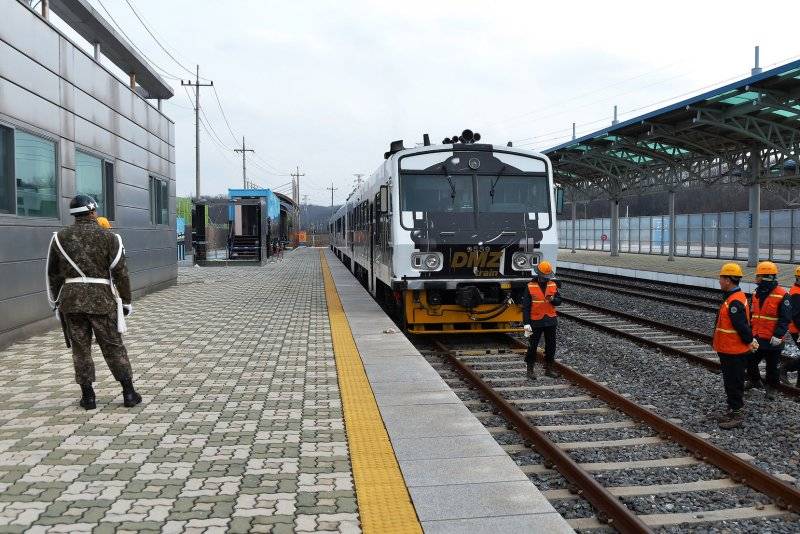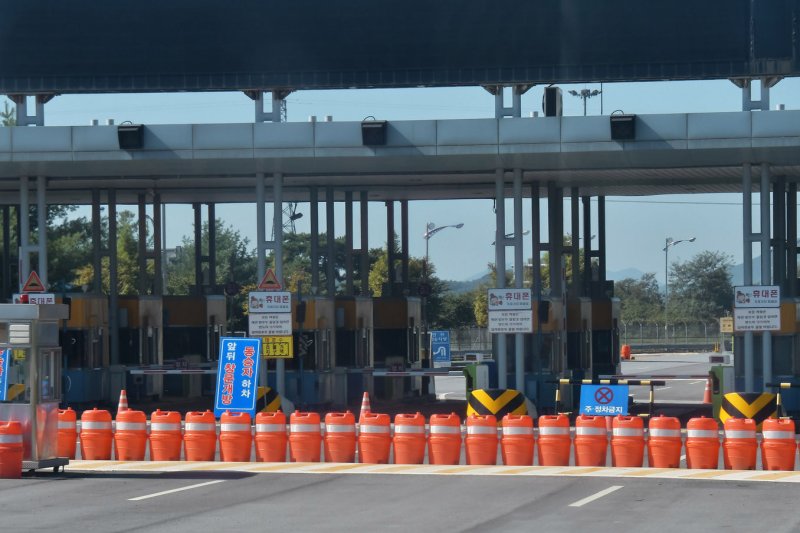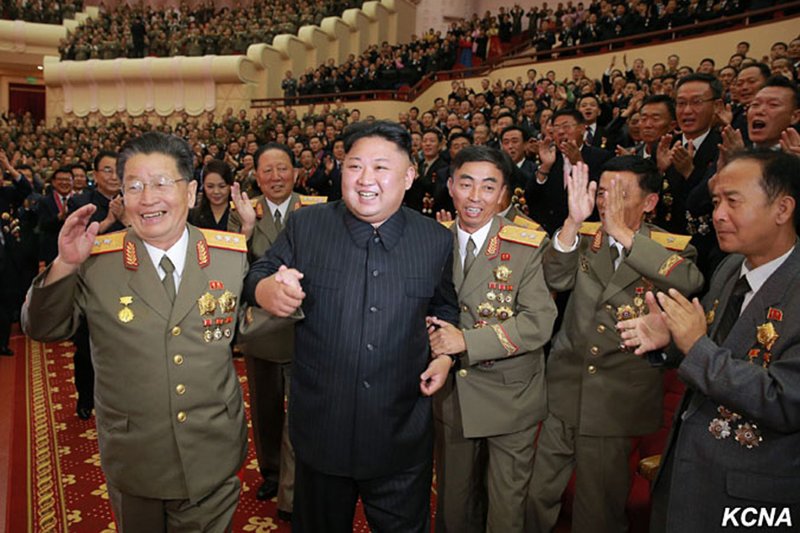The South Korean Unification Minister Ryoo Kihl-jae called North Korea to get to the table for talks about the KIZ (Kaesong Industrial Zone).

North Korea closed the KIZ for South Koreans after the South Korean Defense Minister Kim Kwan Jin revealed his intention to introduce a special unit of the U.S. forces into the zone, vociferating about an operation for "rescuing hostages".

"Suspending operations at the Kaesong Industrial Complex, a symbol of reconciliation and cooperation between South and North Korea, doesn't help our nation's future," Unification Minister Ryoo Kihl-jae told reporters Thursday. "Normalization of the complex needs to be done through conversation, and we hope the North Korean government would come out for dialogue."
Seoul Seeks Dialogue Over Kaesong Industrial Complex - WSJ.com
North Korea closed the KIZ for South Koreans after the South Korean Defense Minister Kim Kwan Jin revealed his intention to introduce a special unit of the U.S. forces into the zone, vociferating about an operation for "rescuing hostages".
Last edited:





